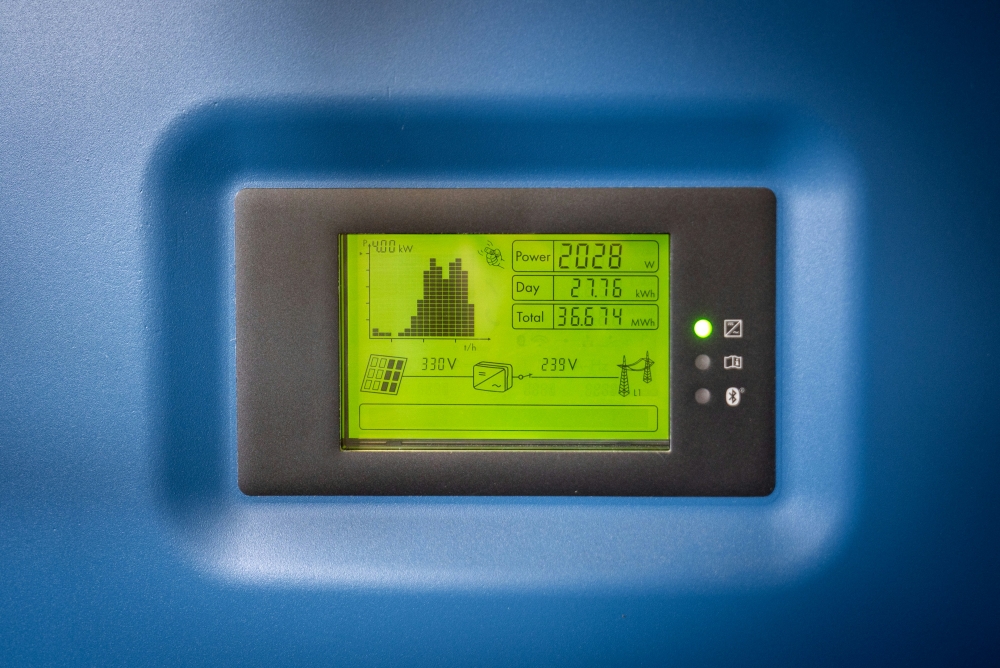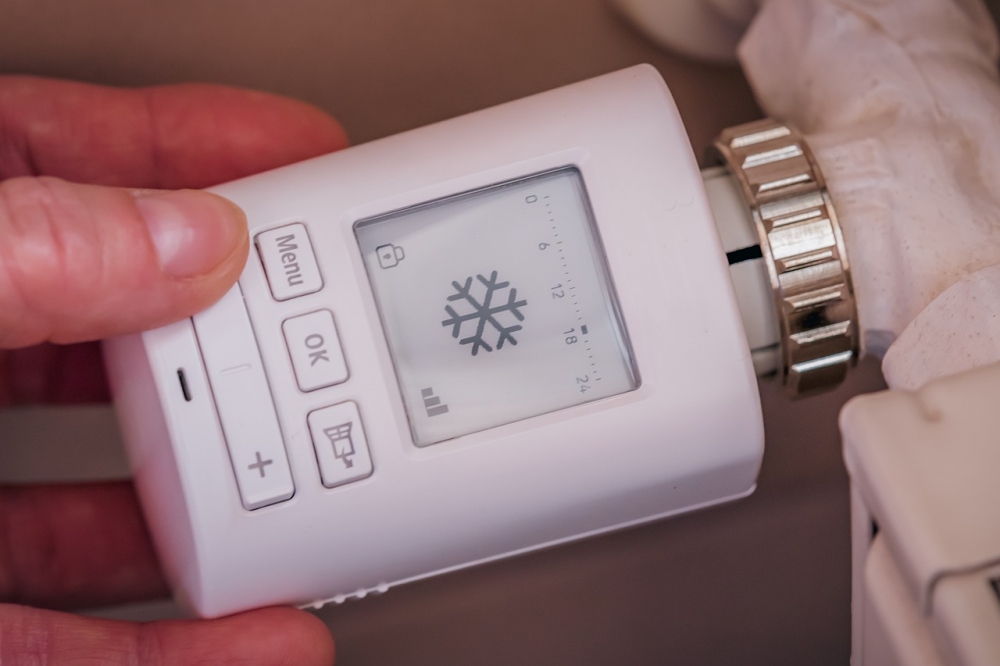
Energy monitoring encompasses a series of processes and technologies designed to track, analyse, and optimise the energy consumption within an organisation. By defining specific objectives, businesses can better manage their energy usage, aligning operational practices with environmental goals.
Integrating Renewable Energy Certificates (RECs) and carbon offsets into energy monitoring further enhances this strategy, marking a significant step towards comprehensive sustainability. But what is an energy monitoring system? This blog delves into the tools, techniques, and benefits of energy management.
Tools for Energy Monitoring System
When it comes to energy management, an array of tools is often employed to ensure precision and efficiency. While traditional metres have been foundational in system monitoring, the integration of smart sensors and Internet of Things (IoT) devices has transformed our approach to measuring and controlling energy usage. These tools provide real-time data that facilitate smarter energy management.
Software platforms also play a pivotal role in the subsequent stages of energy monitoring by offering robust data analysis and visualisation capabilities. These platforms transform raw data into actionable insights, enabling businesses to make informed decisions and optimise their energy strategies,
Techniques and Best Practices
An effective energy monitoring system relies on establishing relevant metrics that reflect business specific energy goals and operational scope. Regular analysis of collected data against these benchmarks helps identify patterns, inefficiencies, and opportunities for improvement.
At the same time, adopting best practices such as system recalibration, upgrading outdated equipment, and staff training can significantly enhance energy efficiency. Continuous benchmarking against industry standards or historical performance further helps businesses stay on track and improve their energy management practices.

The Future of Energy Monitoring Systems
Looking ahead, the future of energy monitoring is set to be significantly influenced by advancements in artificial intelligence (AI) and machine learning. These technologies promise to bring about smarter, more adaptive systems that can predict energy needs, automate adjustments, and maintain efficiency without compromising operational demands.
The integration of these innovative tools into energy management systems represents the next step in achieving more sustainable and efficient energy use across industries.
Empowering Sustainability: The Critical Role of Energy Monitoring System
Energy monitoring is not just about compliance or cost management; it is a crucial component of modern environmental stewardship. The comprehensive benefits of effective energy monitoring systems extend beyond immediate financial savings; they contribute significantly to the sustainability goals of any organisation.
For businesses ready to take their sustainability efforts to the next level, incorporating RECs and carbon offsets into their energy management strategy will improve their ecological footprint and support the broader transition towards a greener economy.
By working with one-stop REC platforms like REDEX, businesses can trade Renewable Energy Certificates in Singapore and enhance their energy management strategy. As the role of energy monitoring in fostering a sustainable future becomes increasingly vital, it is essential for companies to stay ahead of the curve in adopting green energy solutions and renewable energy trading practices.

